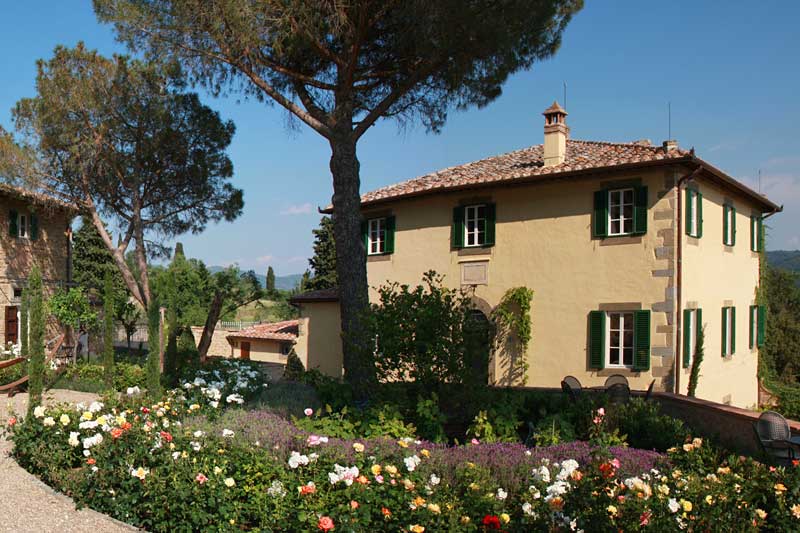Italy’s stunning landscapes, rich cultural heritage, and renowned cuisine have long attracted expats seeking a new life or a second home. Buying property in Italy can be an exciting venture, but it’s essential to navigate the process wisely to avoid potential pitfalls. In this comprehensive guide, we’ll explore key tips and considerations for expats buying Italian property, ensuring a smooth and successful experience.
Understand the Italian Property Market before Buying Italian Property
To make informed decisions, expats should familiarize themselves with the current state of the Italian property market. Research local trends, price fluctuations, and regional differences to identify areas that align with your goals and budget. For example, while cities like Rome and Florence are popular, smaller towns like Pienza or Ostuni can offer a more relaxed lifestyle at a lower cost.
Seek Professional Guidance
The most important piece of advice for expats buying Italian property is that they should never sign any paperwork before getting it checked. Your signature could put you in a legally binding situation. A surprising number of expats buying Italian property don’t use an attorney. Instead, they take a DIY approach or use someone unqualified, such as the vendor, which could be an expensive mistake to make. We would always recommend that you use an experienced, independent conveyancing attorney to safeguard your Italian property purchase.
Determine Your Budget
Establish a realistic budget by considering all costs, including property taxes, legal fees, maintenance, and potential renovation expenses. Research financing options, such as mortgages, and understand the associated requirements for expats. For example, you may need to provide additional documentation and meet specific income criteria to qualify for a mortgage as a non-resident.
Location, Location, Location
Choose your ideal location wisely by considering factors such as accessibility, proximity to amenities, lifestyle preferences, and potential growth prospects. To ensure you make an informed decision, consider renting a place in the desired location before committing to buying. This allows you to experience the area firsthand and determine if it aligns with your needs and desires. Explore different regions in Italy, narrow down your search, and find the perfect spot that suits your lifestyle and long-term goals.
Legal Matters and Documentation when Buying Italian Property
Engaging an attorney who speaks your language fluently is essential to avoid misunderstandings and ensure accurate translations. Make sure the attorney you engage is independent of the estate agent and/or the vendor and is registered with the Italian Bar Association. Additionally, confirm that the attorney has public liability insurance and provides all advice in writing. Expats should only sign documents they fully understand, which may require translating them into their own language.
Property Inspections
Regarding a survey, many expats buying Italian property decide not to invest in the knowledge and expertise a professional surveyor can bring when examining a property. The quality of property construction varies hugely in Italy, and you cannot know everything about a property just from viewing it with the vendor or estate agent. Buyers should ensure the property they want to purchase is not only worth the money being paid but has no fundamental problems with its structure, planning, zoning, ownership, and geological location.
Utility Connections
It’s surprising how many expats buy a property that has neither electricity nor water connections. Expats interested in a property without utility connections should be wary. It suggests that the property does not have a Certificate of Habitability and may never be connected to mains utilities despite what the vendor or estate agent claim. When it comes to reselling the property, it is likely to be a struggle to find a buyer.
Buying Italian Property: Off-Plan Properties
Expats should exercise caution if buying an off-plan property and making large payments as a deposit to secure what appears to be a dream home. Buyer beware! Before you part with any cash, verify that the relevant authorities have granted a building license to the developers for the property’s construction. Don’t be afraid to ask the property developer about their portfolio, their history of delivering quality buildings, and request references. If you are buying a resale property, check that there are no hidden fees or legal complications.
Take Your Time and Understand the Process
When buying a property in Italy, never be rushed into a purchase and never buy a home on impulse, regardless of the great location of the property. Always assess the pros and cons and research the area. The process of buying a property in Italy can move quickly, and you should prepare for an average purchase completion time of four to eight weeks. It’s important to appreciate the legal implications of each step in the process.
Conclusion
Buying property in Italy as an expat can be an enriching and rewarding experience. By understanding the Italian property market, seeking professional guidance, and considering key factors like location, legal matters, utility connections, off-plan properties, and the buying process, you can make informed decisions. We hope this comprehensive guide has provided valuable insights. If you have any further questions or would like to discuss your specific plans or situation, please don’t hesitate to reach out. I am here to provide advice and support to ensure your Italian property purchase is a success.
Are you an expat who owns property in Italy? What challenges did you face while purchasing property in Italy as an expat? What advice would you give to others? We invite you to share your experiences and thoughts in the comments below.



0 Comments